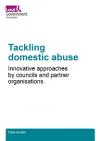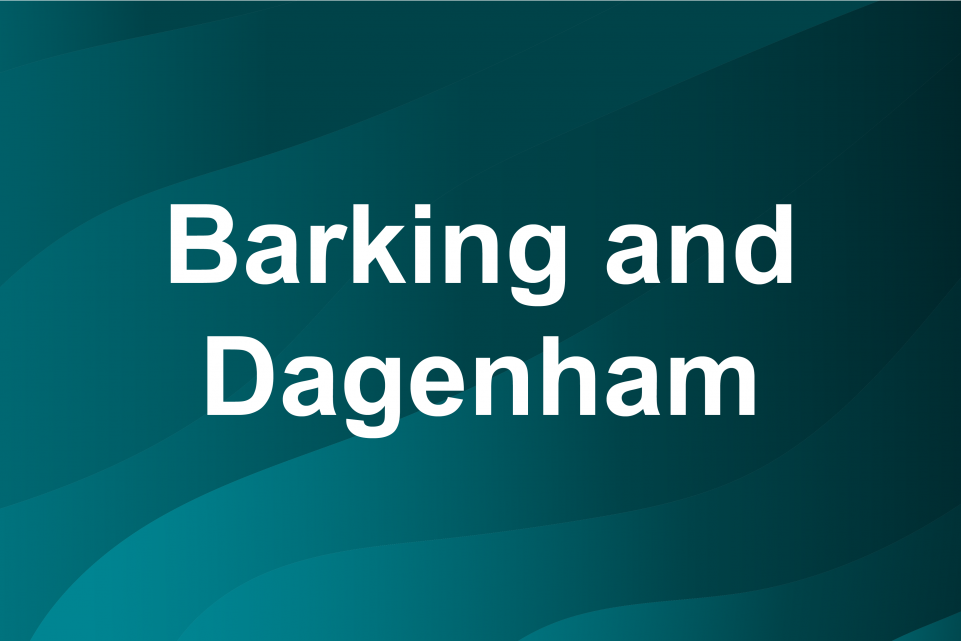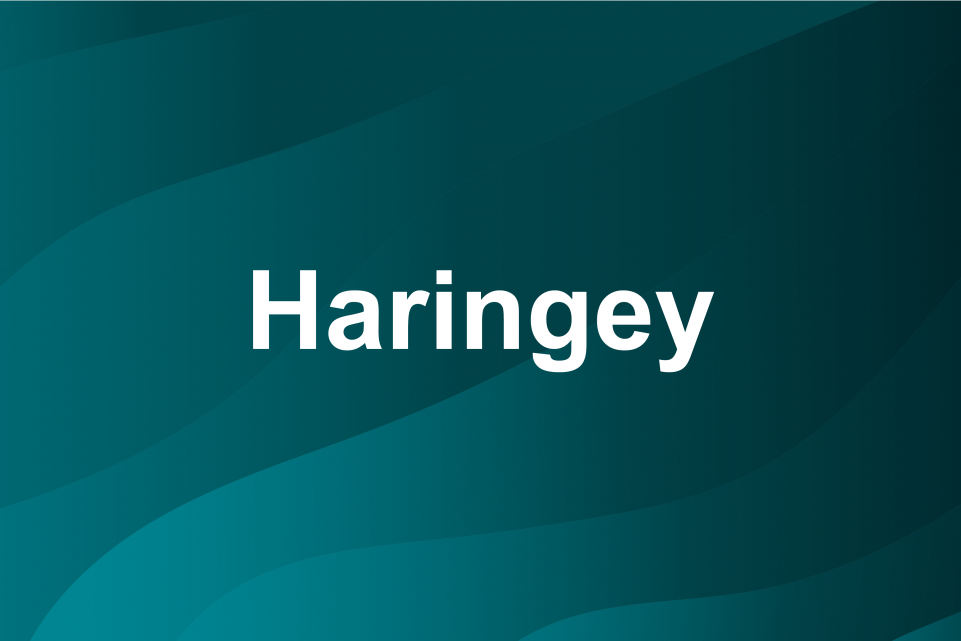
Foreword
Domestic abuse has a devastating effect on families, children and our local communities. That is why a commitment to continue to work together to tackle domestic abuse remains a top priority for councils.
The pandemic has meant that many in our community have felt even more trapped in homes with abusers. The home should be a safe place for everyone, but for some – it has been a place of fear and danger. We know the National Domestic Abuse Helpline (0808 2000 247) and wider domestic abuse support services have seen a huge increase in the number of people accessing their services and reaching out for help. Councils also saw a similar increase in those reaching out to local domestic abuse services.
At the height of the pandemic, councils were working hard to ensure that domestic abuse victims knew that help was still available, and that stay-at-home restrictions did not apply to those who feared domestic abuse. Councils and their partners have worked hard to deliver support and a variety of services to people experiencing abuse, at a time where our services were under incredible pressure, capacity was stretched, and we had to shift to remote working.
Having good communication between the council, domestic abuse support services, the police, health services and the wider community has been the cornerstone of improving the response to domestic abuse. There’s still more to be done and improvements still to be made, but where we see these examples of best practice, it is our responsibility to share that and prompt more joined-up working.
I’m therefore pleased to announce that Social Finance, on behalf of the LGA, has produced 12 case studies showcasing some of the innovative approaches taken by local authorities and partner organisations, to tackle domestic abuse before and during the COVID-19 pandemic. The ambition for these case studies is to share and disseminate best practice from across local government nationally to support locally led solutions.
This is a crucial time for councils, as they prepare for the new statutory duty to help deliver accommodation-based support services for domestic abuse victims and children. The Domestic Abuse Act introduces important measures which will help to raise awareness of domestic abuse and will go some way to providing additional support to domestic abuse victims, whilst also helping to challenge perpetrator’s behaviour.
To effectively achieve significant reductions in instances of domestic abuse, we need to be able to offer victims and survivors a range of support packages. There needs to be an equal focus on, and funding for, prevention and early intervention measures that aims to prevent domestic abuse happening in the first place. Going forward, we will continue to work with the Government, the Domestic Abuse Commissioner, councils, domestic abuse services and partners to help transform the response to domestic abuse.
We would like to thank all the councils and their partners who shared their experiences and examples of best practice. I hope you find these case studies useful.
Cllr Nesil Caliskan, Chair of the LGA’s Safer and Stronger Communities Board
Social Finance is a not for profit organisation that partners with governments, service providers, the voluntary sector and the financial community to find better ways of tackling social problems in the UK and globally.
Key themes identified in the case studies
Multi-agency working
Multi-agency working between the police, health, housing, the fire brigade and the third sector was valued by all the local authorities included in the case studies, through either joint governance arrangements, operational integration and/or sharing of data to inform strategic and operational decisions.
Local authorities also highlighted the benefits of multi-agency working at an operational level, particularly when taking a whole family approach to supporting victims and survivors; having a mix of professional expertise and experience ensured the needs of victims and survivors could be met effectively.
All local authorities suggested that effective multi-agency working was a key plank in any successful approach to tackling domestic abuse and supporting victim and survivors.
Engagement with victims and survivors
Councils recognised that engagement with victims and survivors is absolutely key to informing and co-producing domestic abuse strategies, service specifications and communication campaigns. Understanding the needs of victims of survivors has been essential to ensuring that services are inclusive and accessible, especially for those from minority groups.
Councils highlighted that they had a greater understanding through engagement with victims and survivors, noting that domestic abuse cannot be tackled in isolation, as it can be part of a much wider complex picture of need and intersectionality.
Some councils have sought to embed the voices of victims and survivors within their governance process, such as Hertfordshire County Council. Their intention is to create a ‘shadow board’ - made up of victims and survivors which they believe will ensure high quality provision throughout and evolving to the needs of victims and survivors are met.
Raising staff awareness and upskilling practitioners beyond specialist domestic abuse
Local authorities noted that awareness and understanding of domestic abuse should be, as highlighted in Central Bedfordshire, ‘everyone’s business’.
Many councils identified that their strategies to tackle domestic abuse needed to go beyond providing domestic abuse support services, but instead embed an awareness across all services and staff to ensure effective prevention, identification and intervention. This has involved a number of different approaches either through e-learning, staff training and training dedicated champions within the local authority, as-well as, those in the community.
Councils have also taken targeted approaches, recognising that some staff roles could place them in a prime position to spot signs of domestic abuse, such as housing operatives carrying out repairs in people’s homes, or staff treating patients in Accident and Emergency.
Councils have also upskilled practitioners more directly involved with families to be more confident in recognising and discussing domestic abuse where they think it may be present. This has included feeling confident to encourage disclosures from victims and survivors who are suffering from domestic abuse or, challenging the perpetrator on their behaviour.
Data and information sharing
Councils highlighted that information sharing and understanding/analysing locally available datasets was essential for improving their local approaches to domestic abuse, from understanding where there was under-reporting of incidents across different services or specific localities, to sharing family context to informing multi agency case reviews.
Gathering the necessary data has enabled local authorities to prioritise resources, manage risk and better meet the needs of victims and survivors.
Access to funding
Councils found that when seeking to set up a new project or service, one-year or short-term funding granted by Government departments had made it more difficult to gain buy-in from some partners and providers to commit and invest resources for a short period of time
Longer term funding commitments from Government would enable local authorities to justify investment and secure a longer-term commitment from partners.
COVID-19 pandemic
Many of the councils featured in the case studies remarked on the challenges of COVID-19, whether it be responding to the heightened risk to victims and survivors, accessibility to services, or the ability to work with partners.
These case studies capture the resilience and resourcefulness of councils to adapt, whether it be refocusing their strategy or priorities, shifting their ways of working to being online, launching awareness campaigns through social media or focusing on detailed quantitative research to understand the impact of COVID-19 on their services. All local authorities noted that their strong relationships with partners enabled them to respond effectively to the crisis and support victims and survivors.
Some councils have reflected on the importance of regularly reviewing their domestic abuse action plans, to ensure their services remain fit for purpose and meet the needs of victims and survivors. This is important, especially in rapidly changing circumstances and the emergence of a ‘new normal’ as COVID-19 restrictions come to an end.












